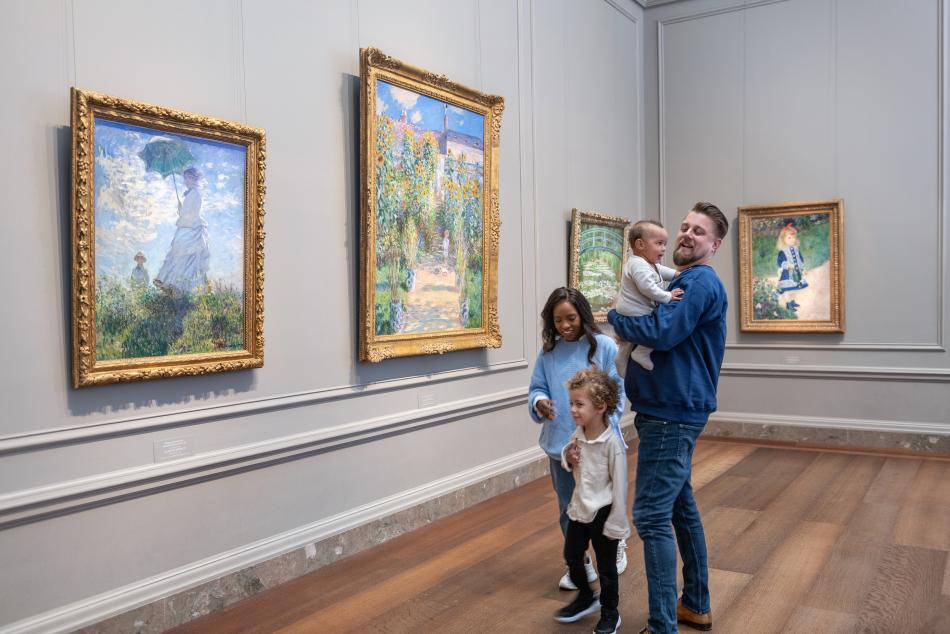Thomas W. Nason
American, 1889 - 1971
Explore Selected Works
See all 26 works of artArtwork

The Little Farm
The Little Farm
Thomas W. Nason, Associated American Artists · 1955 · wood engraving in black on wove paper · Accession ID 1987.41.51
Artwork

Roaring Rocks
Roaring Rocks
Thomas W. Nason, Elmer Adler · 1954 · engraving in black · Accession ID 1964.8.1849
Artwork

Artwork

A New England Stream
A New England Stream
Thomas W. Nason, Associated American Artists · 1951 · wood engraving in black on wove paper · Accession ID 1987.41.50
Artwork

A New England Stream
A New England Stream
Thomas W. Nason, Associated American Artists · 1951 · wood engraving in black on laid paper · Accession ID 2015.19.1332
Artwork

Artwork

Round Hill
Round Hill
Thomas W. Nason · 1949 · engraving and etching in black on wove paper · Accession ID 2015.19.1329
Artwork

The Four Gables
The Four Gables
Thomas W. Nason · 1949 · wood engraving in black on wove paper · Accession ID 2015.19.1333
Artwork

Winter Landscape
Winter Landscape
Thomas W. Nason · 1949 · engraving in black on wove paper · Accession ID 2015.19.1327
Artwork

Farmyard, Evening
Farmyard, Evening
Thomas W. Nason · 1949 · color wood engraving on wove paper · Accession ID 2015.19.1335


